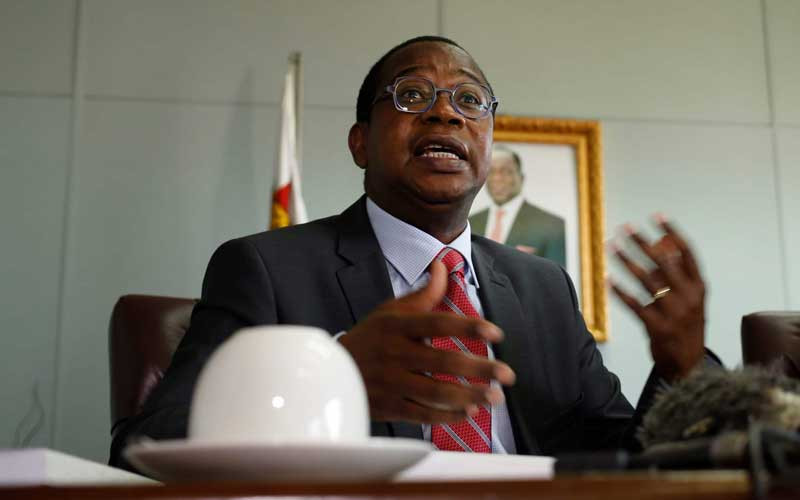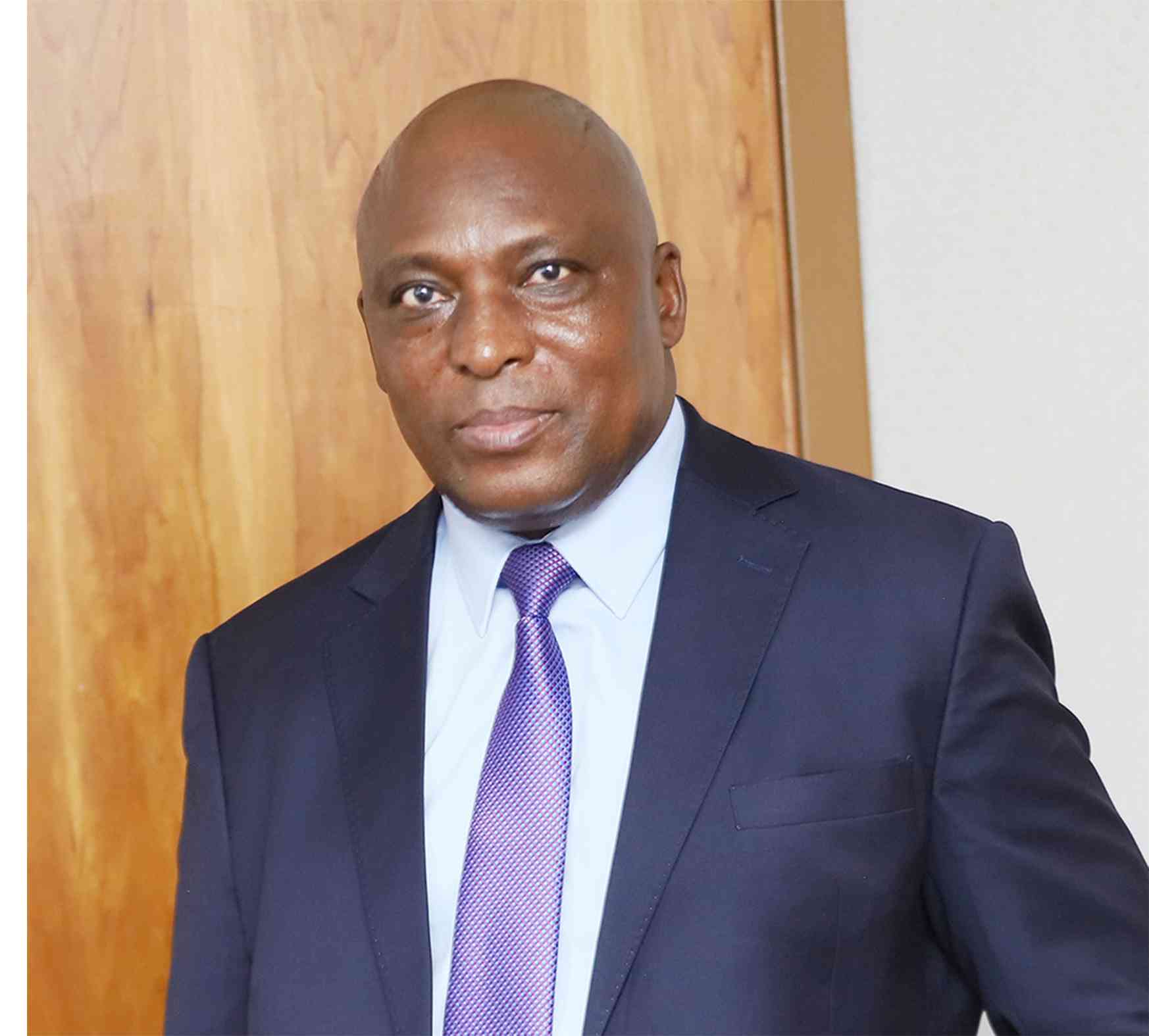
THIS week, the Zimbabwe National Statistics Agency (ZimStat) pegged annual inflation for the month of October at 268,8%.
This figure is significantly lower than the 280,4% recorded in September, but the pain that Zimbabwe’s poor, who make up the majority of the population, endures has not relented.
The annual inflation rate has fallen owing to several tighter fiscal and monetary policy measures enacted since May.
These include readjusting or suspending payments to government suppliers and the introduction of gold coins.
True, these measures have had a degree of positive impact on the economy.
But there should absolutely be no reason to celebrate yet, given the fact that this number is still too high, and is making Zimbabwe one of the worst countries to live in today.
It is Africa’s highest such rate, and one of the highest in the world, and has the potential to scare away investors.
This is why despite the drop, consumers and businesses still feel the heat.
- Mavhunga puts DeMbare into Chibuku quarterfinals
- Bulls to charge into Zimbabwe gold stocks
- Ndiraya concerned as goals dry up
- Letters: How solar power is transforming African farms
Keep Reading
This is why more measures like what have been put in place must be added, but this does not mean government, the Reserve Bank of Zimbabwe, must continue punishing ordinary people.
The worrying thing is that during the International Monetary Fund and World Bank annual meetings held recently in the United States, Zimbabwe’s annual inflation rate was projected to end the year at nearly 285%.
It means more pain may be coming, unless government works wonders in the next two months to change things.
If authorities do not tame this vicious tide, there will be more price hikes and, possibly, more exchange rate fragilities.
Authorities know what this means.
But the problem is they rarely acknowledge that things are bad.
And that stubbornness is what has led us here.
While the government has delayed or suspended payments to its suppliers, they still need to be paid, and this would naturally trigger the problems that everyone fears — high money supply.
Economics teaches us that once money supply rises, inflation follows as there is more money chasing not as many goods in an economy.
Also, pressure to print more money will also arise considering that the government will need to service the huge forex auction backlog while consumers and businesses will need cash to conduct daily transactions.








